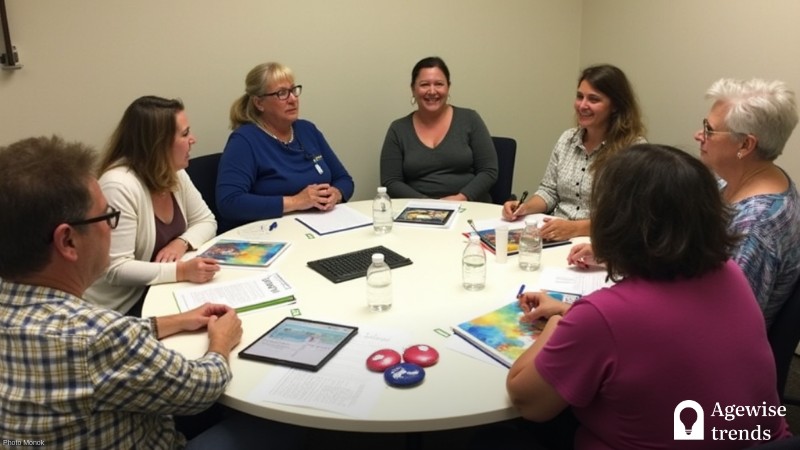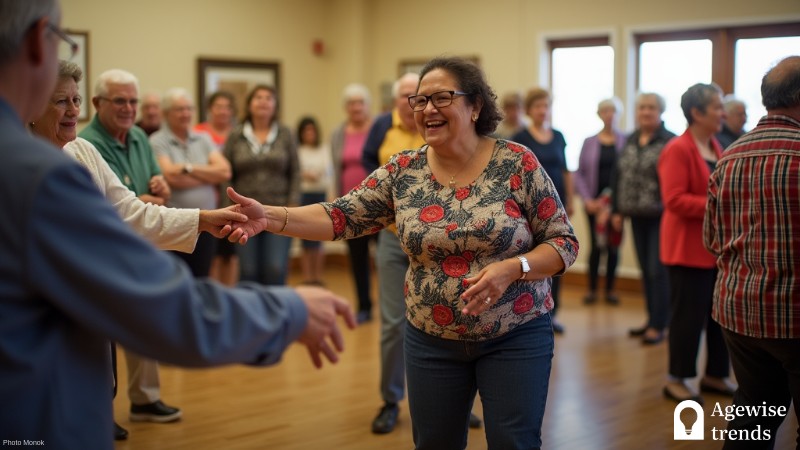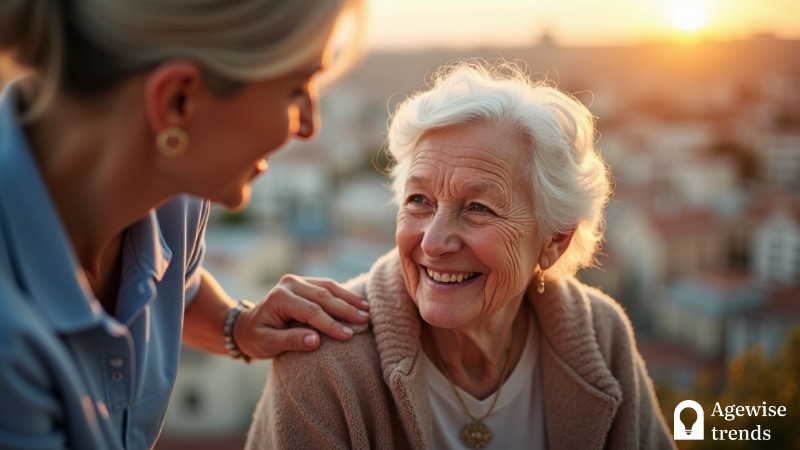Aging comes with unique challenges that can impact mental and cognitive health. Seniors across the United States often face social isolation, memory concerns, or emotional difficulties, making it crucial to have access to structured support.
Mental health and cognitive wellness groups offer valuable opportunities for connection, education, and encouragement, helping older adults navigate these challenges with greater resilience.
With options available both in-person and online, seniors can choose a support network that best suits their needs. These groups provide a safe space to share personal experiences, engage in therapeutic discussions, and participate in activities designed to improve overall well-being.
Finding the right support system fosters emotional stability, reduces feelings of loneliness, and enhances cognitive function.
Key Takeaways
Support groups for seniors in the U.S. provide mental health and cognitive wellness assistance through both in-person and online platforms.
- Seniors benefit from structured support networks that offer connection, education, and encouragement to improve overall well-being.
- In-person support groups at local hospitals and senior centers help foster a sense of belonging and accountability.
- Virtual programs like Eldera provide flexible alternatives for seniors with mobility restrictions or those preferring home-based options.
In-Person support networks
For those who prefer face-to-face interaction, in-person support groups create a community-centered environment where seniors can develop meaningful relationships while receiving professional guidance.
Local hospitals, senior centers, and wellness clinics across the United States offer structured programs tailored to various mental health and cognitive needs. These gatherings encourage discussion, provide coping strategies, and introduce activities that support emotional and neurological well-being.
One notable example is Piedmont Fayette Hospital’s Parkinson’s support group in Georgia, which meets bi-monthly at the Piedmont Wellness Center. This group focuses on symptom management, access to the latest research, and movement-based activities that aid mobility and cognitive function.
Led by professionals such as speech pathologist Lindsey Curtis and physical therapist Tanya Biles, the program emphasizes the power of shared experiences and community engagement. Participants also have access to specialized exercises like Rock Steady Boxing and can take part in awareness events such as Moving Day South, a Parkinson’s Foundation fundraiser.
Movement tailored for people with the disease can help mitigate symptoms and improve balance, mobility, and daily living
Tanya Biles, PT and facilitator of Piedmont’s Parkinson’s support group
In-person gatherings are particularly effective in fostering a sense of belonging and accountability, which can significantly benefit seniors dealing with mental health concerns. Having a consistent place to connect with others who understand similar struggles can reduce anxiety, improve emotional well-being, and promote healthier lifestyle habits.
Virtual support for cognitive and emotional health
For seniors who may have mobility restrictions or prefer the flexibility of attending from home, online support groups offer a convenient alternative. Virtual programs provide access to expert-led discussions, peer support, and mental health resources without requiring travel.
A growing initiative in the virtual space is Eldera, an AI-driven mentorship platform that connects seniors with younger individuals for weekly video discussions. Founded in 2020 by Dana Griffin, Eldera fosters intergenerational connections that benefit both mentors and mentees.
Seniors participating in the program gain a sense of purpose and fulfillment, while younger participants receive guidance and companionship from experienced older adults. The platform, which has already facilitated thousands of mentorships, continues to expand as a recognized model for combating loneliness and cognitive decline.
The long-term benefits of senior support groups
Participating in these groups has lasting positive effects on older adults in the U.S. Engaging in regular discussions, learning effective coping strategies, and forming social bonds all contribute to overall life satisfaction. Research shows that structured support reduces stress, enhances memory function, and even lowers the risk of conditions such as dementia and depression.
Both in-person and online options cater to different preferences, ensuring that all seniors have access to valuable mental health resources. Healthcare professionals across North America often recommend joining these groups as part of a proactive approach to aging, emphasizing the importance of maintaining emotional resilience and cognitive sharpness.
As support networks continue to expand nationwide, seniors can find comfort in knowing that they have numerous avenues for guidance and community.














